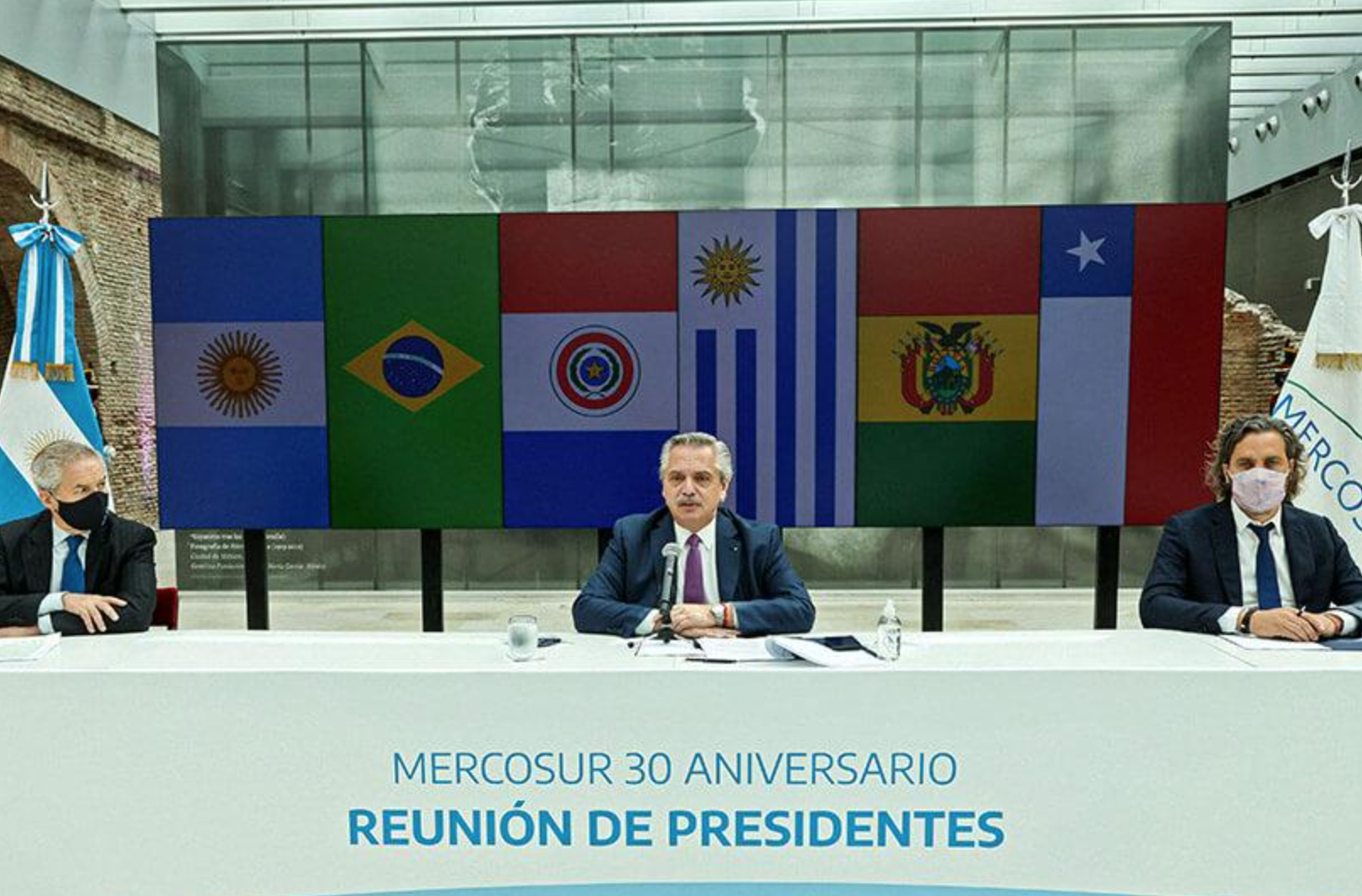The integration of countries always goes hand in hand with their development. Physical integration requires infrastructure, roads, and ports. Economic integration requires common policies and institutions that make the process simple and harmonious. And to achieve these objectives, financing is needed. Solid and stable financing that is safe from economic fluctuations and focused on areas and needs that, as a result of their size or complexity, are not usually profitable for commercial banks or viable for national development banks.
Thus, financing integration among countries – and their development – requires a non-profit, supranational institution with a clear focus on enabling projects that help to achieve these objectives: integration and development. The most successful example of such an institution is the European Investment Bank (EIB), one of the largest and most important supranational financial institutions in the world, both in terms of its achievements and the volume of its operations.
The “owners” of the bank are all the member countries of the European Union, which contribute proportionally to the EIB’s capital in accordance with each country’s contribution to the bloc’s overall GDP. Its lending is mainly focused on integration, infrastructure, climate change, the environment, and small and medium-sized enterprises (SMEs). The EIB has been instrumental in supporting the consolidation of the European Union, especially in areas and countries with lower levels of development.
Its solid credit rating (AAA, according to the world’s three main rating agencies) explains why its main method of raising funds is by issuing bonds. These funds allow it, in turn, to undertake projects that member states cannot undertake on their own.
In Latin America, with its lights and shadows, the most advanced model of integration, with the greatest institutional framework and the largest number of inhabitants in the region is MERCOSUR. The question I have been asking myself for some time now is… Can we dream of an independent investment bank or financial development agency of our own, reliable and with a definite vocation to face the most urgent challenges of our region and our times?
I believe so. MERCOSUR has already accumulated 30 years of achievements despite regional and global political and financial crises, as well as acute social and political transformations in its member countries. This only proves that our vocation for integration is greater than all the challenges we have faced and that it is not unreasonable to dream of an institution that obtains and distributes the necessary resources to continue advancing along this path.
The dream naturally leads to an approach to reality and the following question: does MERCOSUR need such an institution? In my opinion, the answer is a clear, resounding, and unequivocal yes. The social and economic consequences of the pandemic, the climate crisis, and the global challenges posed by the readjustment of the poles of global power are evidence that we must move towards our own model of development and cooperation, in which the solution to our current problems and the foundations of our future depend decreasingly on external factors.
The urgency and importance of the challenges ahead are also an opportunity for audacity, creativity, and innovation, three factors that we also have in abundance in our region.
My conclusion is that we do need in MERCOSUR our own, reliable and secure source of financing to deepen integration, communications, logistics, renewable and environmental energy projects, software development, biomedicine, and, above all, to reduce the economic and social asymmetries of the regions or countries with lower relative development.
Integration needs fuel, and this may be the way.
Translated from Spanish by Janaína Ruviaro da Silva











